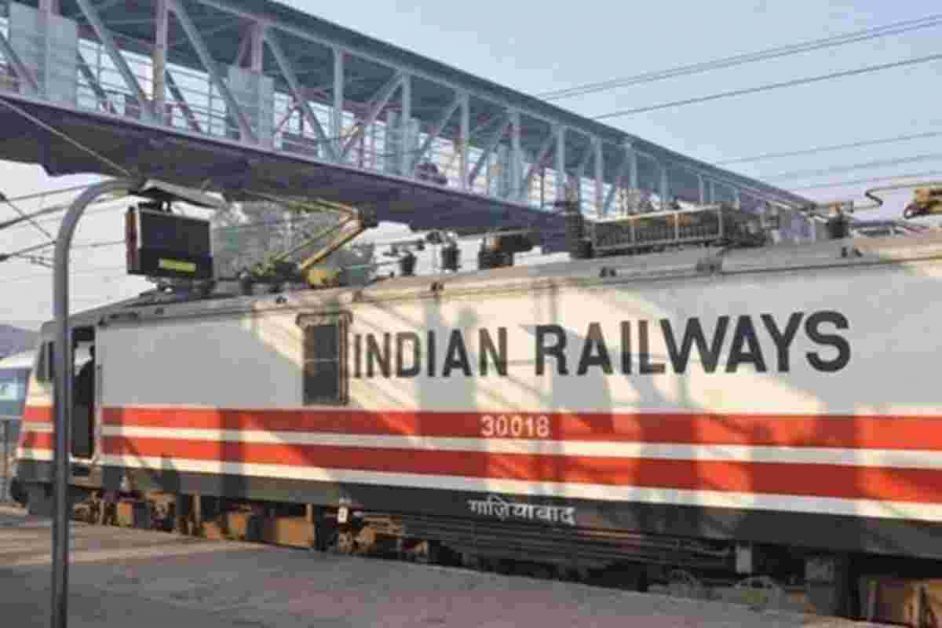Source: Business Line
The average cost per terminal is expected to be around ₹70 crore, as per initial estimates of Railways; which works out around ₹14,000 crore for all these, officials aware of discussions said.
Railways have earned over ₹2.56 lakh crore, with freight services accounting for 70 per cent of these earnings in FY24.
First phase under implementation
Under the first phase of implementation of the Gati Shakti Cargo Terminal Policy, some 100-odd multi-modal terminals will be developed by 2024-25.
Around 77-odd are ready and commissioned at an estimated cost of ₹5,400 crore.
These terminals have come up in West Bengal, Jharkhand, Odisha, Telangana, Tamil Nadu and Uttar Pradesh, among others. Some of the operators include Concor, Reliance, Adani, Western Coalfields, Wonder Cements, JSW, SECL, IOCL, BPCL, among others.
Routes/stations include important industry points like Paradip, Jasoda and Dahej, among others.
“So once the first set of 100 terminals are completed, which would be by the end of this fiscal, Railways will tender for 200 more. The average cost of each of these terminals works out at ₹65-70 crore at present. Individually, a terminal cost could be ₹50 crore in some cases, or more,” an official taking part in these discussions told businessline .
Private Participation
Gati Shakti Cargo Terminals can be developed by private players and on non-Railway land or even fully/partially on Railway land.
For terminals on non-Railway land, the operators will identify the location and will construct the terminal after obtaining necessary approval.
In case of terminals coming-up either fully or partially on Railway land, the land parcels will be identified by Railways and the operator for construction and operation of the terminal will be selected through open tendering process.
Freight Movement
The Railways, say the official, is looking to push for greater share in the country’s overall freight traffic.
The share has freight carried by Railways at 29 per cent at present, up from 27 per cent in 2020. The plan is to take it up to 35 per cent by 2030.
Of the 5,500 million tonnes (mt) of cargo carried across the country, some 1,600 mt – odd is moved by the Railways in FY24. Loading was to the tune of 787.6 mt of coal, 181 mt of iron ore, 154 mt of cement and 114.4 mt across others categories that include volume-based items like white goods, among others.
“As these multi modal terminals come up, there will be faster movement of goods, de-congestion of tracks for passenger trains too,” says one of the officials. Also complimenting this plan, the Railways will continue to add 5,000 km of new tracks, every year, at least for another three-to-five years.







